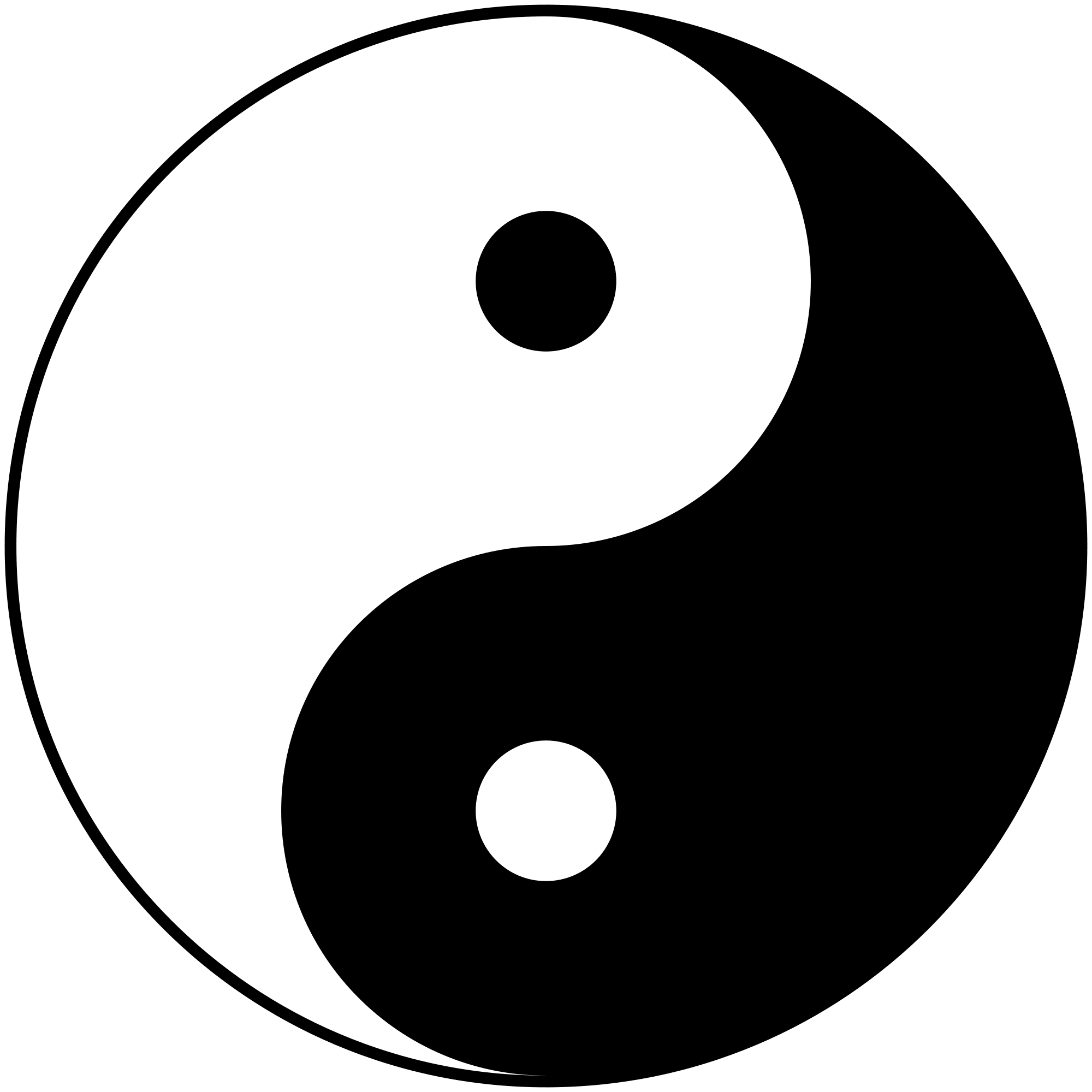

Our laws only exist because of the innate tension that arises from the evident social and economic disparities found in society. Under this theory, laws only arise out of necessity due to the continuous conflict between societal classes – such as rich versus poor. This is a particularly interesting concept. Essentially, the minds of these individuals have been negatively affected to the point where they are incapable of making a rational choice to obey the law. To that end, the theory states that these individuals generally do not possess the moral comprehension to grasp the wrongfulness of their actions in the same way a person of average intelligence could comprehend. Such as low intelligence or societal rejection. Rather, the criminal actor is compelled to commit the crime due to something beyond their control. The positivist theory holds that individuals do not make a conscious choice to commit a crime. And, as a result, the laws that govern our society disproportionally impact these groups of people, and their struggle to remain competitive in a divided world. The theory states that these oppressed sections of society suffer due to racism, sexism and classism.

Most notably, the oppression of society’s less advantaged.

And, those who commit the crimes disagree with these laws (which were essentially enacted to control them).Ĭritical theorists believes that crime is a by-product of oppression. The central tenant of this theory is simple. While other contemporary theories focus their attention on society. Some of these modern theories are centered around the individual actor. Through observation and study, criminologists have developed a plethora of theories. For centuries, criminologists have grappled with the intricate and troubling relationship between criminals, their behavior and the overall societal impact. The science of criminology studies one vital question – What makes criminals do what they do?Īlthough the question appears simple.


 0 kommentar(er)
0 kommentar(er)
